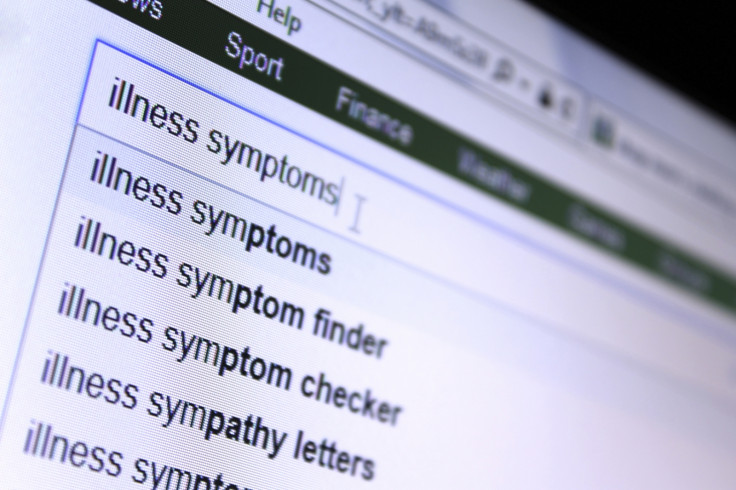Dr Google? No thanks. Doctors still vastly superior to computers when diagnosing illnesses
Human physicians made correct diagnosis over twice as often as symptom checker apps.

Doctors are still superior to computers when it comes to diagnosing health problems. In one of the first studies to directly rate the performance of human physicians against symptom checker apps, scientists found doctors were twice as likely to make a correct diagnosis as computers.
The emergence of symptom checker apps has risen markedly in recent years. A survey last year showed one in five people in the UK turns to the internet to search their symptoms rather than visiting their doctor. Indeed, the popularity of health searches recently led Google US to update its own symptom search.
The popularity of online self-diagnosis has even led to the emergence of a new disorder – cyberchondria. This is where patients research their symptoms and convince themselves they are suffering from a rare disease or condition, which then manifests itself in anxiety.
Publishing their findings in the journal JAMA Internal Medicine, researchers have now looked at how well 23 commonly used symptom checker apps performed against 234 doctors.
They used 45 clinical cases involving common and rare conditions, all with different degrees of severity. Doctors were asked to identify the most likely diagnosis as well as two other possible diagnoses.

Results showed doctors came up with the right diagnosis 72% of the time. Apps were correct in just 34% of cases. When the two other possible diagnoses were taken into account, doctors were correct in 84% of cases, compared to 51% obtained by the symptom checker apps. Further to this, the findings also revealed doctors were far better at diagnosing the more severe and rarer conditions.
Senior investigator Ateev Mehrotra said the results will be important to improving health apps in the future. "While the computer programs were clearly inferior to physicians in terms of diagnostic accuracy, it will be critical to study future generations of computer programs that may be more accurate," he said.
"Clinical diagnosis is currently as much art as it is science, but there is great promise for technology to help augment clinical diagnoses. That is the true value proposition of these tools."
© Copyright IBTimes 2025. All rights reserved.






















